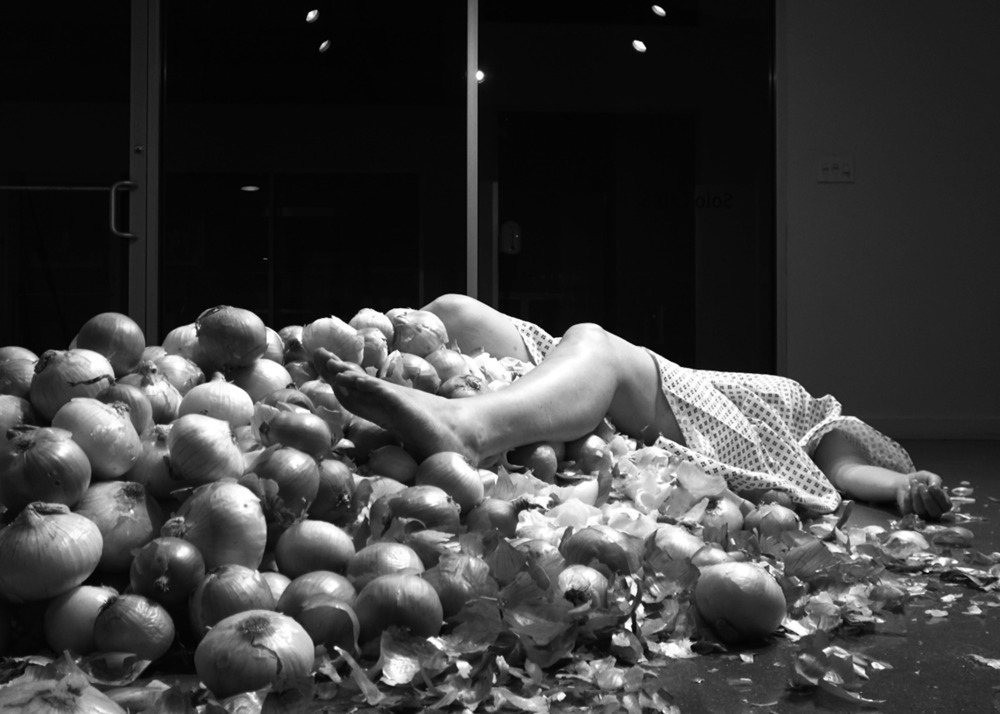
MONSTROUS AND TERRIBLE TO BEHOLD
first performed on December 3, 2021
Common Ground Gallery, VisArts Center, Rockville, MD
performed once in 2021
HEATHER SINCAVAGE
Wilkes Barre, PA
649517929h649517929e649517929a649517929t649517929h649517929e649517929r649517929@649517929h649517929e649517929a649517929t649517929h649517929e649517929r649517929s649517929i649517929n649517929c649517929a649517929v649517929a649517929g649517929e649517929.649517929c649517929o649517929m
heathersincavage.com
MONSTROUS AND TERRIBLE TO BEHOLD
HEATHER SINCAVAGE
My work uses my own experiences with intimate partner violence as a case study analyzing what it is to live with trauma. I use the body as a foundation for measuring the repercussions of trauma and intellectual exploration of its residual effects. The calculations I use, such as weight, length, and time passage, connect the internal monologue to physical actions or more specifically, how that inner negotiation of our traumas dictate our outward behavior. The performance title, “Monstrous and Terrible to Behold,” is a quote attributed to Edward Jorden, a physician, in 1603 describing the uterus as the cause for women’s hysteria. The performance is about understanding the complexities around the concept of hysteria and abuse. Abuse impacts victims on several fronts. Victims live with compromised health; may lose access to their family, home, financial stability; and struggle with professional advancement and interpersonal relationships. My experience encompassed all of these things and continues to unfold with new challenges now 20 years later. Being in my body is labor. Women are not encouraged to speak out about their abuse and when they do, they are often not believed. This piece is about losing body autonomy in a society that has normalized violence against women. The control of women has manifested throughout history with witch trials, institutionalization, forced hysterectomies, lobotomies, and now, the denial of the right to healthcare. The performance takes place on the floor. In a hospital gown, I lay connected to my own body weight of onions and begin to pick them up from between my legs to peel them. The performance is repetitive, even monotonous; however, it extends long enough that I begin to tear up and cry making the task difficult to complete. In later iterations of the performance, I ate the peeled onions, retching and gagging as I continued. As the task continues (and becomes more difficult), I read Andrew Skull’s book, Hysteria: A Disturbing History. Much of this information ties emotional fragility to the uterus rather than to listen to the concerns of women. The performance ends as it begins: on the floor in a mess of unresolved pain.